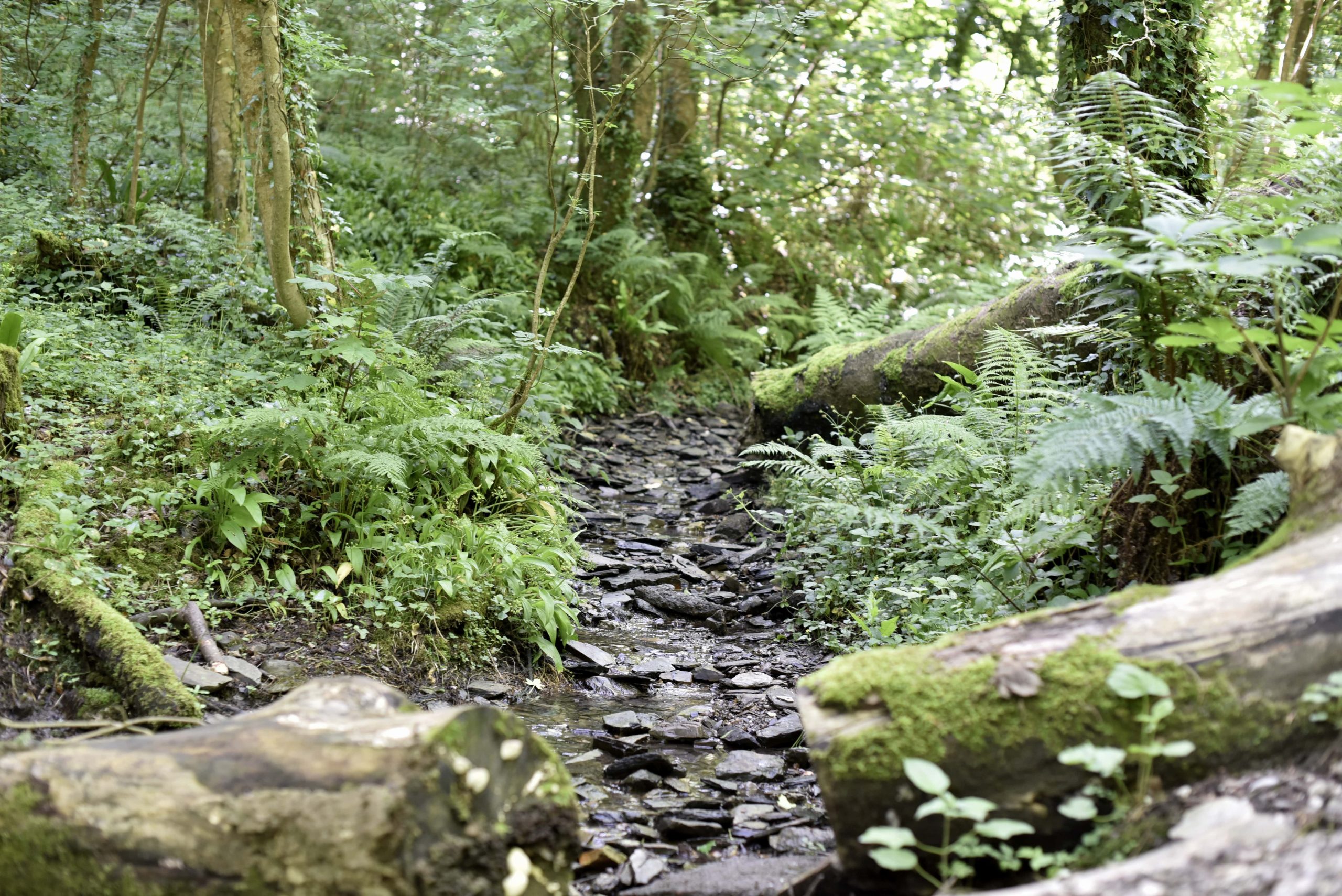Plymouth Developers’ Diversity Commitments Met by ‘Habitat Bank’

A new venture by Plymouth City Council will boost local biodiversity and enable developers to meet legal biodiversity requirements.
The ‘Habitat Bank’, called Ocean City Nature, will be an arm’s length, council-owned company after an initial £500,000 loan from the Council.
In functioning as a form of green finance, the venture will ensure net gains in biodiversity for developers, as well as benefitting residents, and maintaining natural habitats.
Biodiversity laws will come into effect in the new year
From January 2024, national planning laws are set to change, introducing a requirement of a ten per cent biodiversity net gain on all construction for large developments, as defined in planning terms.
Developers who invest in Plymouth will, through the Habitat Bank, will be able to meet these requirements through purchasing ‘units’ of already established biodiversity.
Not only will this enable them to fulfil their legal obligations, but it will fund a lasting environmental legacy in publicly-owned natural environments in Plymouth.
Furthermore, the income generated by the sale of these units will be used to repay the initial loan with interest, and fund the ongoing maintenance of the sites.
The project was conceived and developed through the Future Parks Accelerator (FPA) – a joint initiative of National Lottery Heritage Fund and the National Trust.
Further support came from the impact investment advisor, Finance Earth, and additional funding support from Defra’s Natural Environment Impact Readiness Fund.
Richard Speak, Founder Director at Finance Earth said: “Ocean City Nature is a significant moment – it represents a new way of thinking about how to revitalise green spaces in our towns and cities and reverse the decline in biodiversity.
Unlocking new funding from nature markets in this way should be a key priority for all local authorities looking to deliver for their communities and nature.
“It is exactly the type of project the UK Nature Impact Fund will facilitate across the country.”
An initial three sites have been selected
The loan will commence immediate work preparing three sites that are all considered important nature sites in the city.
Sites in Cann Woods, Ham Woods, and Chelson Meadow will undergo works during their first year of operation, including tree planting, coppicing and thinning, improved grassland management and seed sowing.
The local authority, who are the first in the UK to roll out this model, also plan to open the Habitat Bank to other investors and incorporate other sites if there is sufficient demand.
Councillor Tom Briars-Delve, Cabinet Member for the Environment and Climate Change, said: “This is a simply incredible piece of innovation and I’m so proud of all the work that the teams here have put in so far.
As funding challenges for all services get tighter and tighter, this comes as a breath of fresh air. Plymouth is already a green city, but we want to make it greener for the benefit of communities and nature for many, many, many years to come.
“This is a great example of the kind of model we will be supporting through our Green Investment Fund – investing our money wisely to bring benefits not only to the city but also the planet.”

